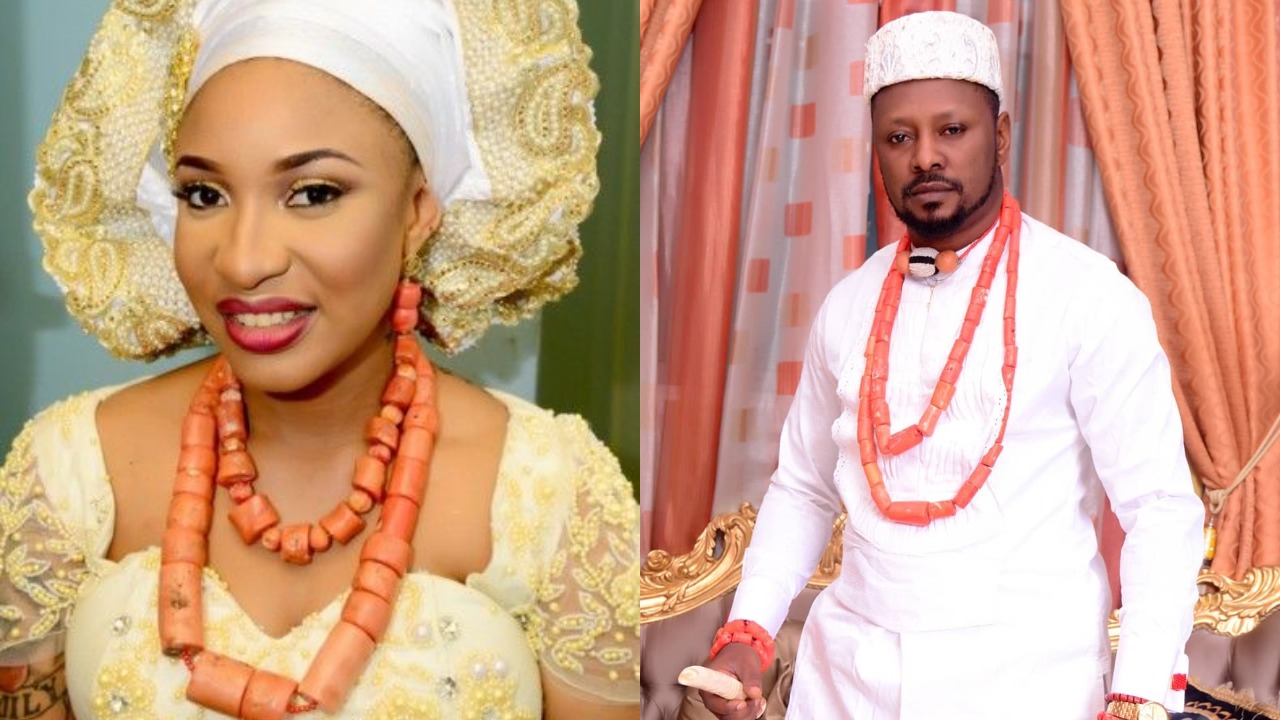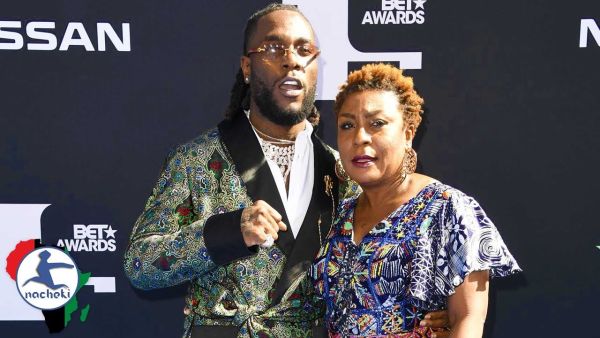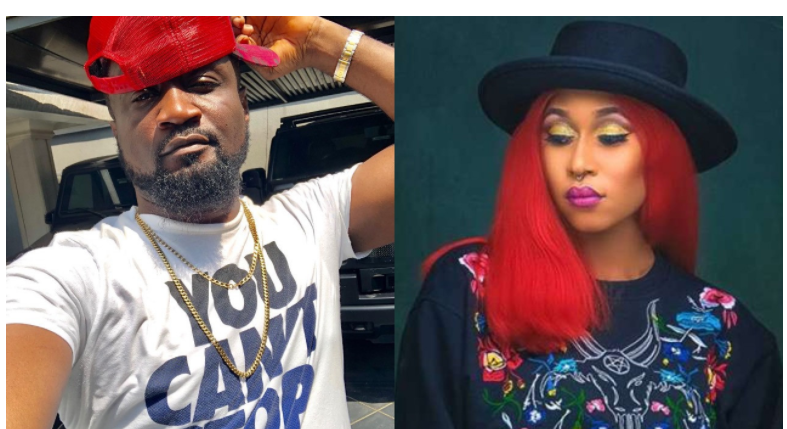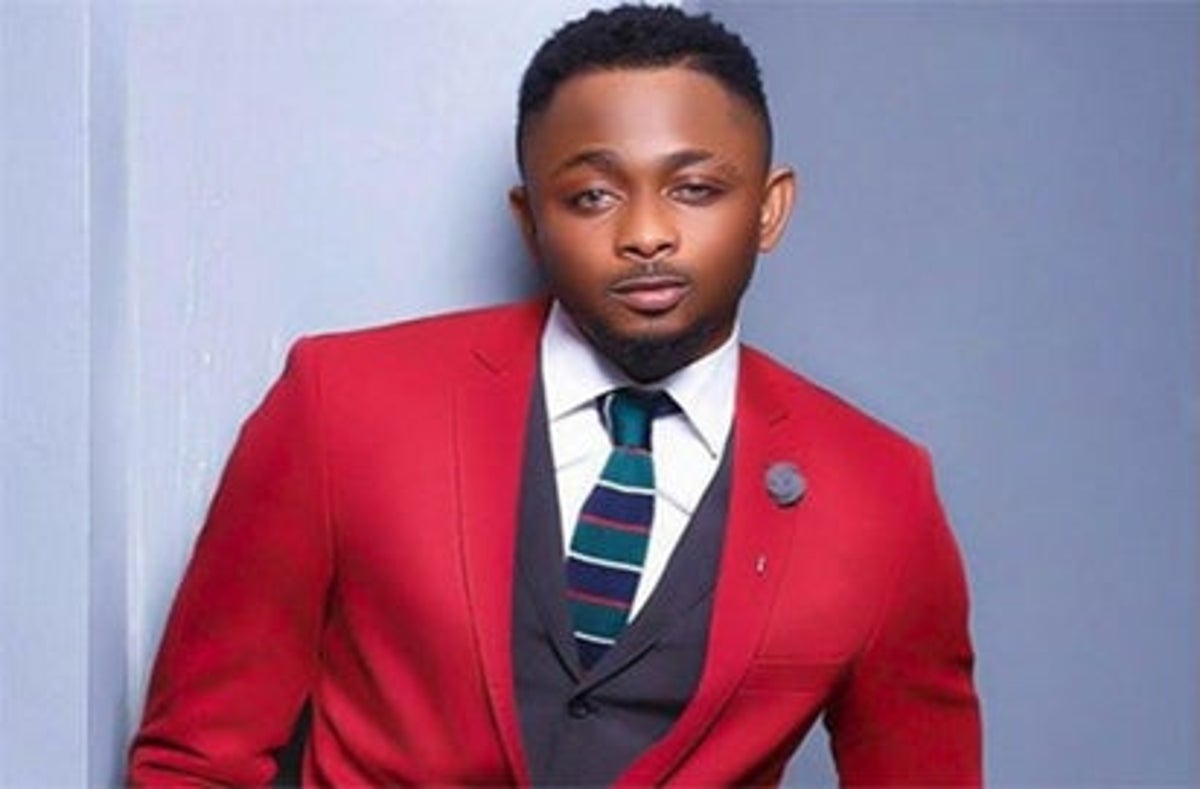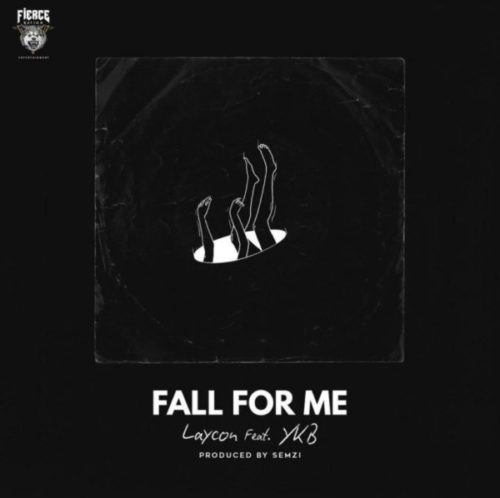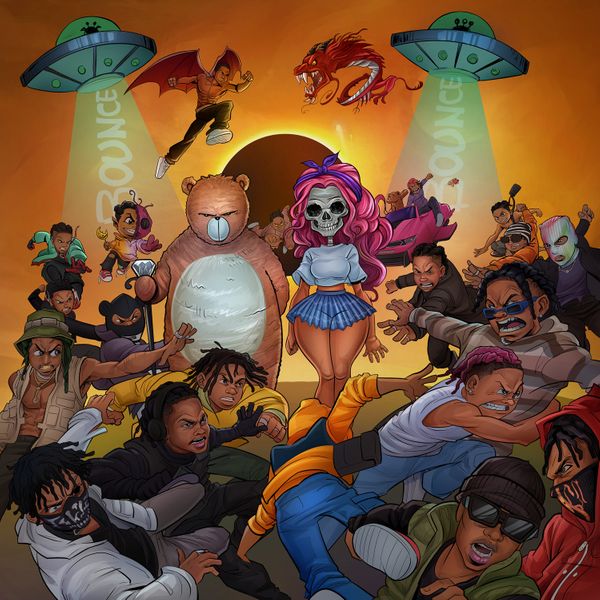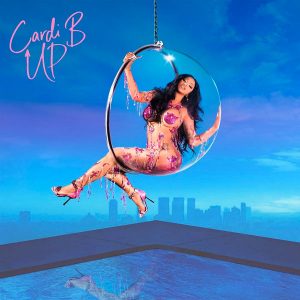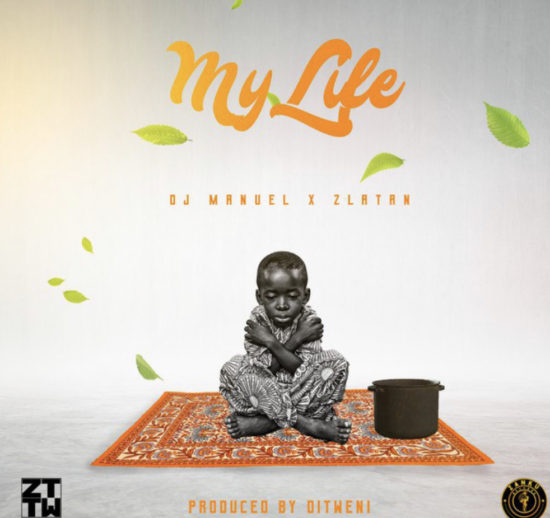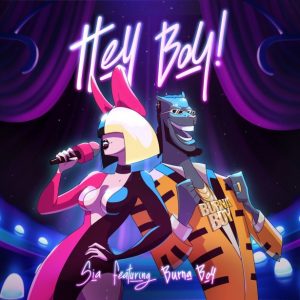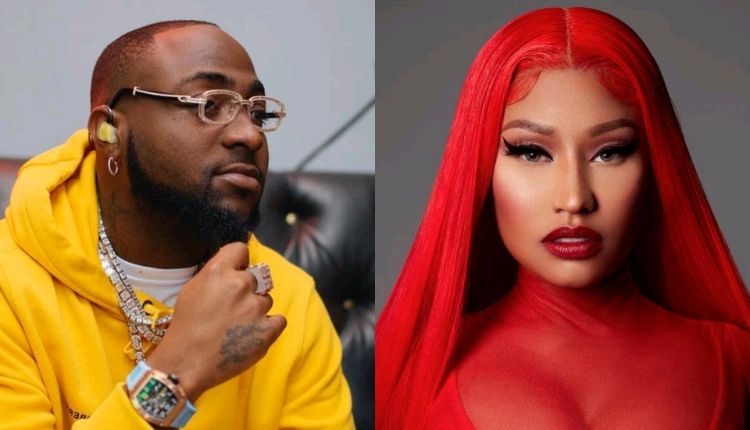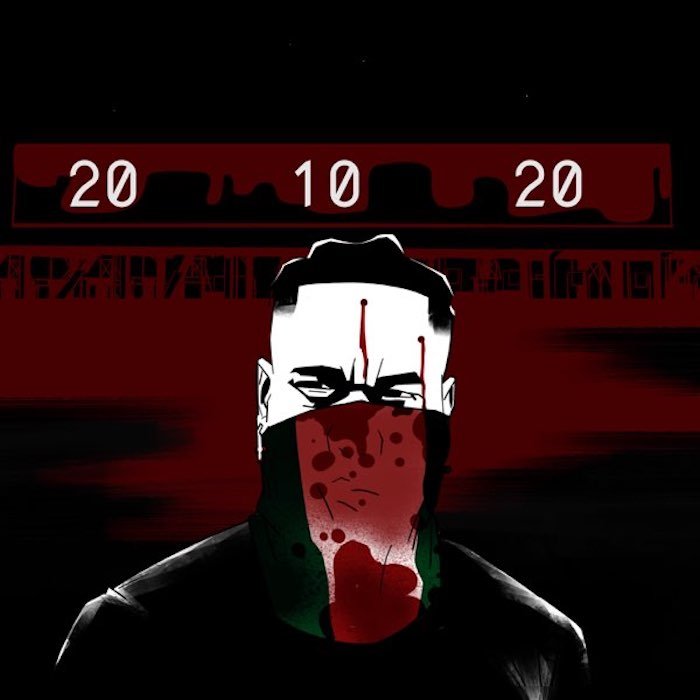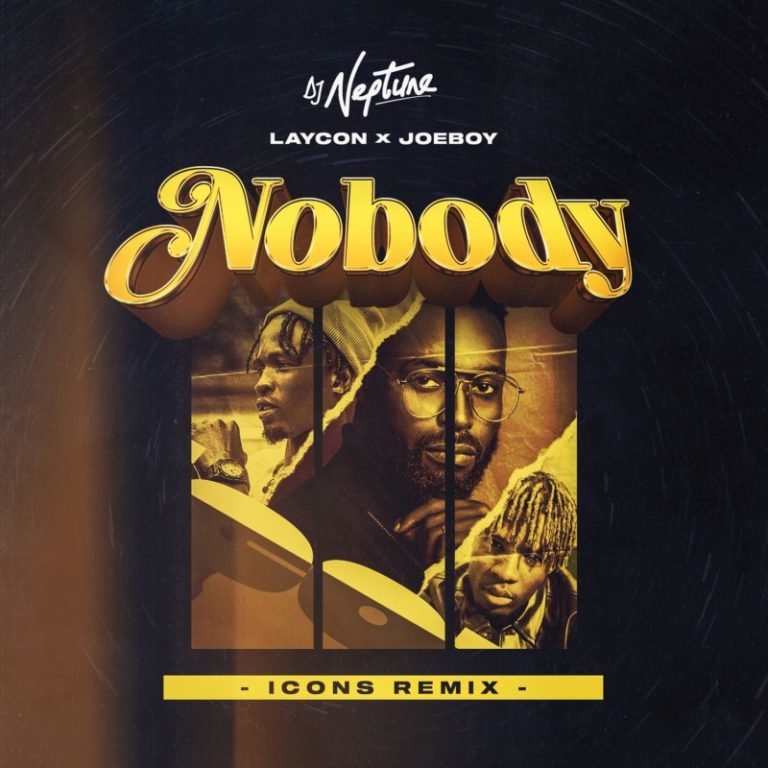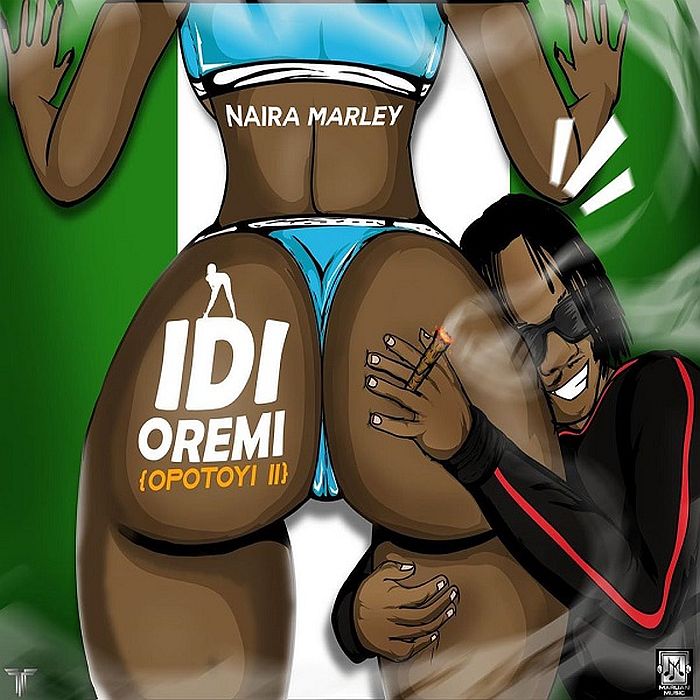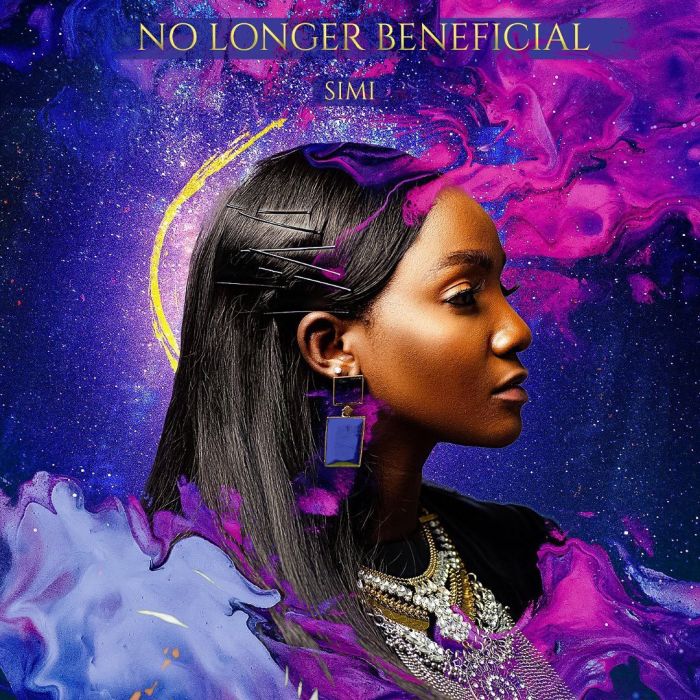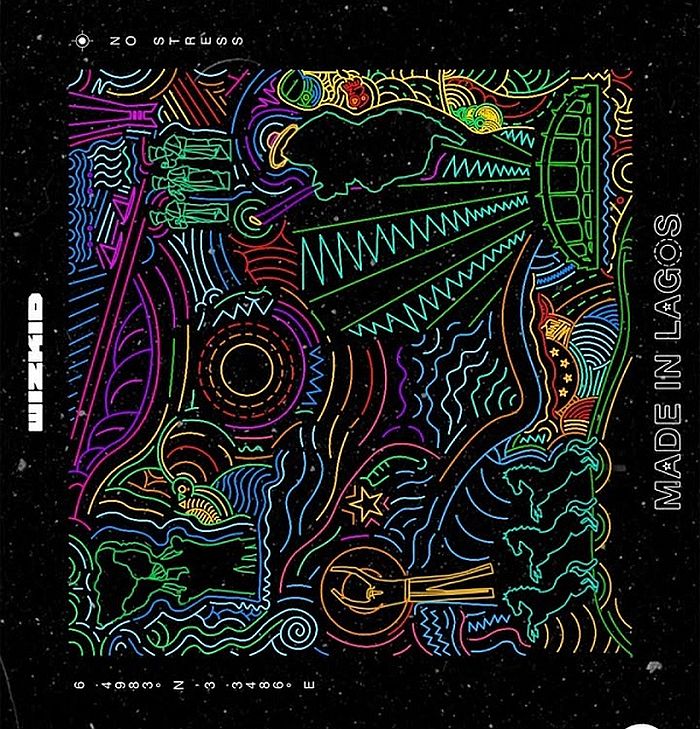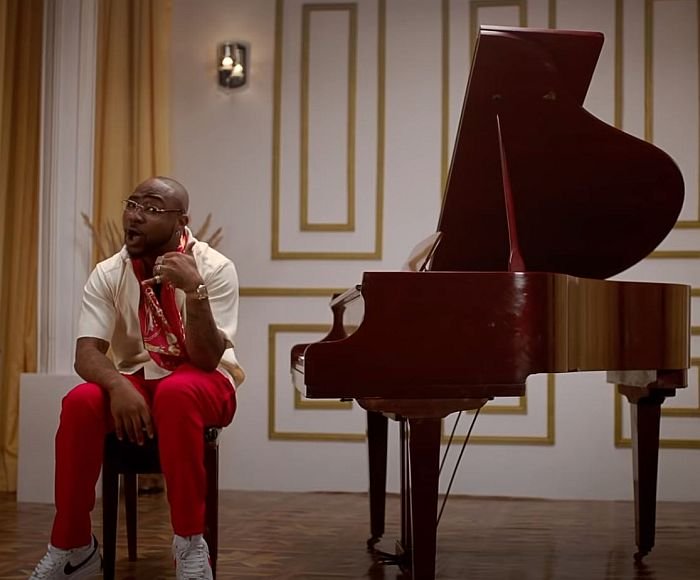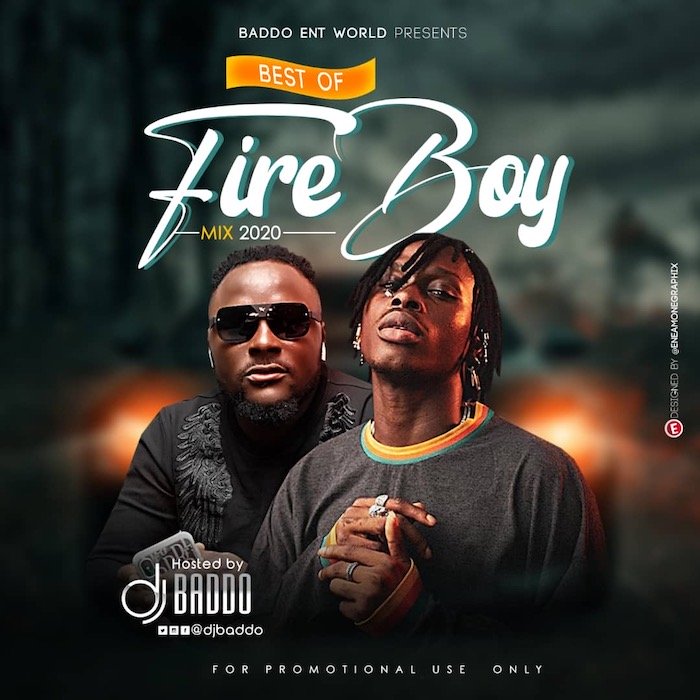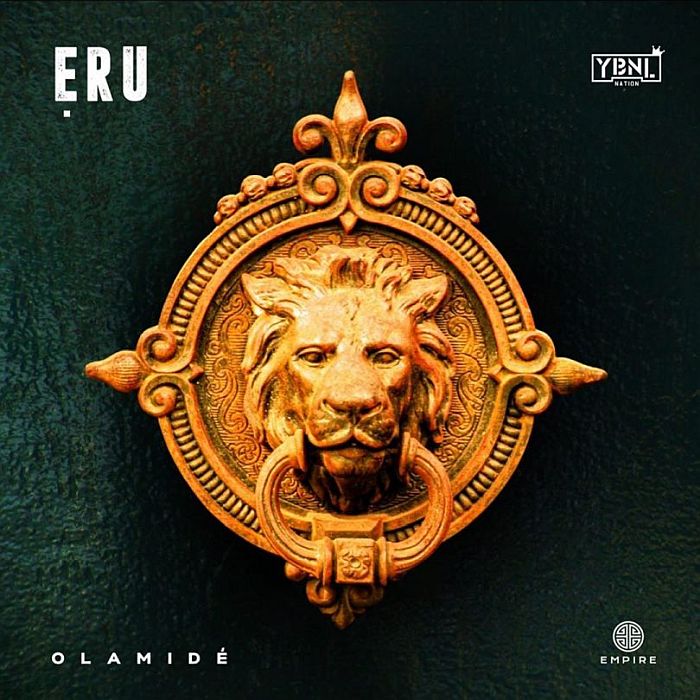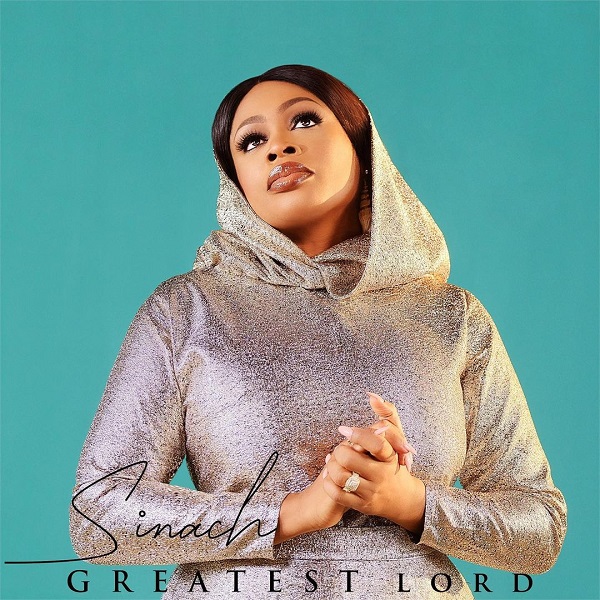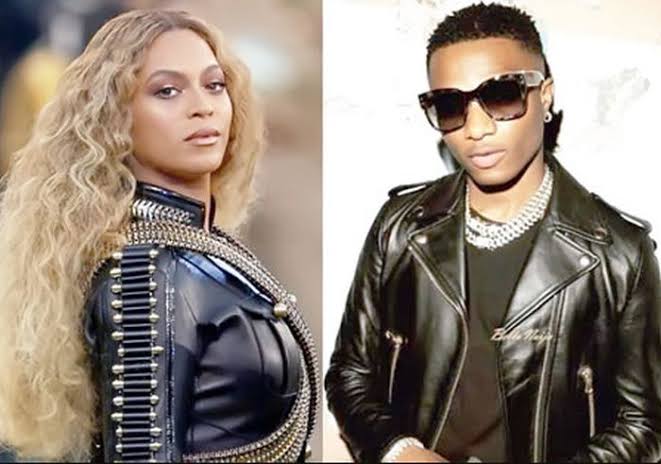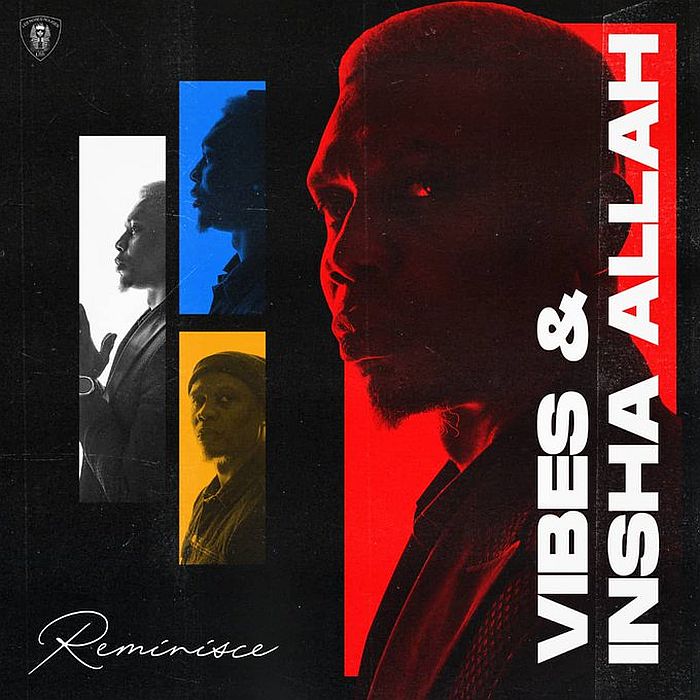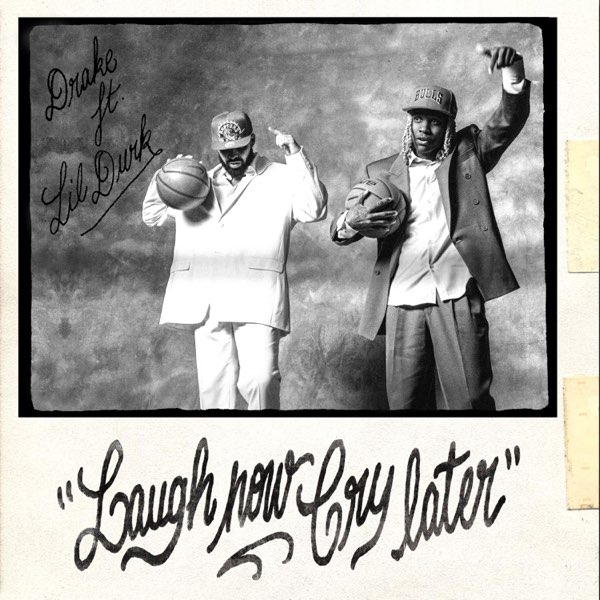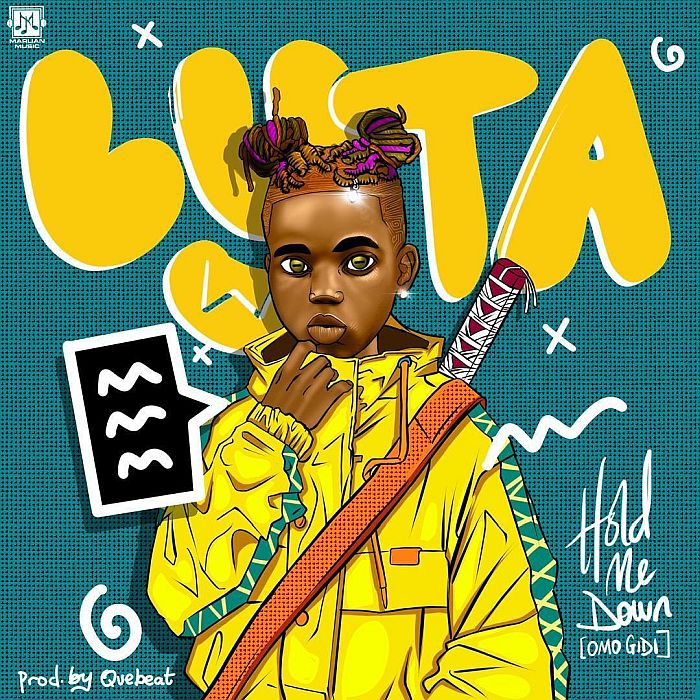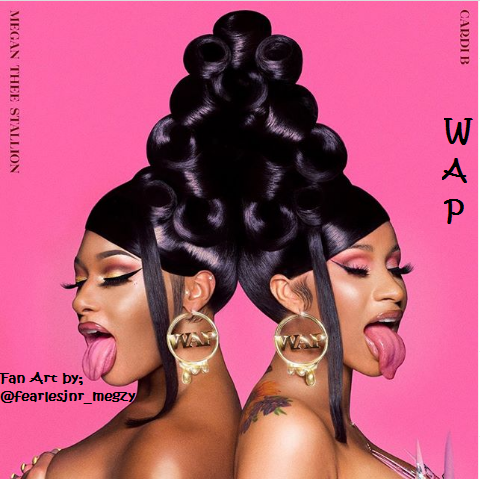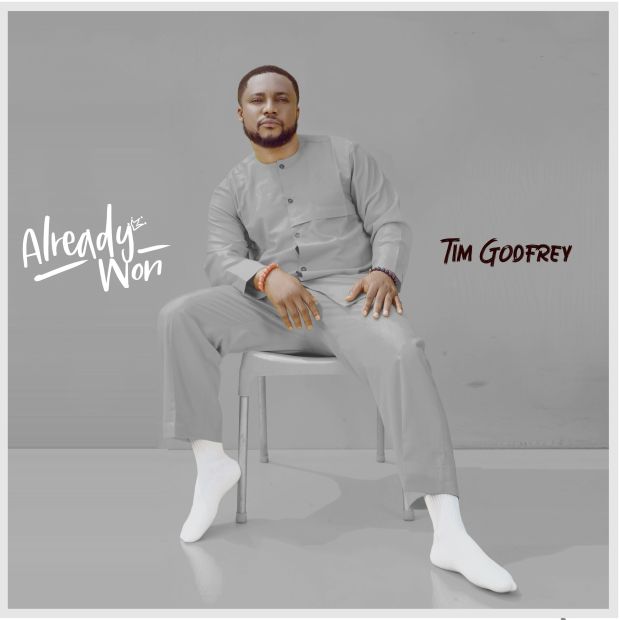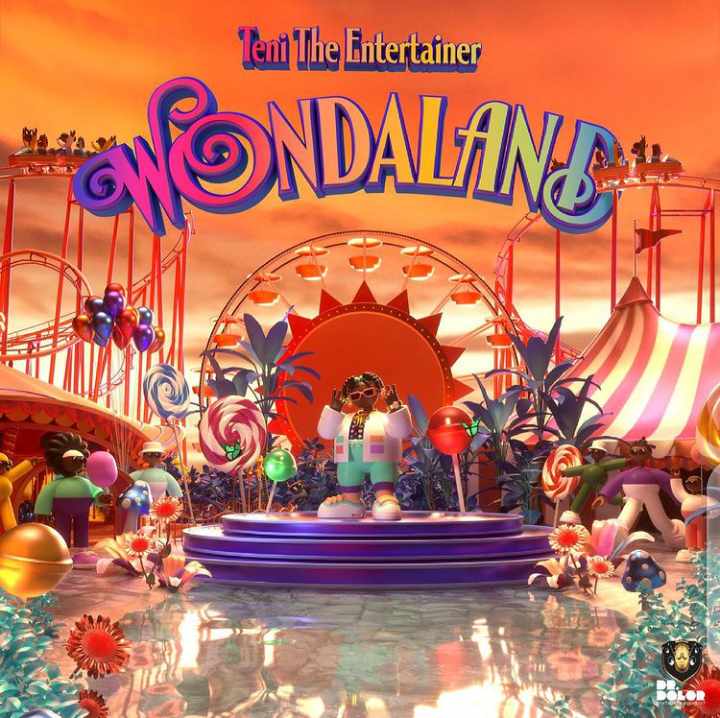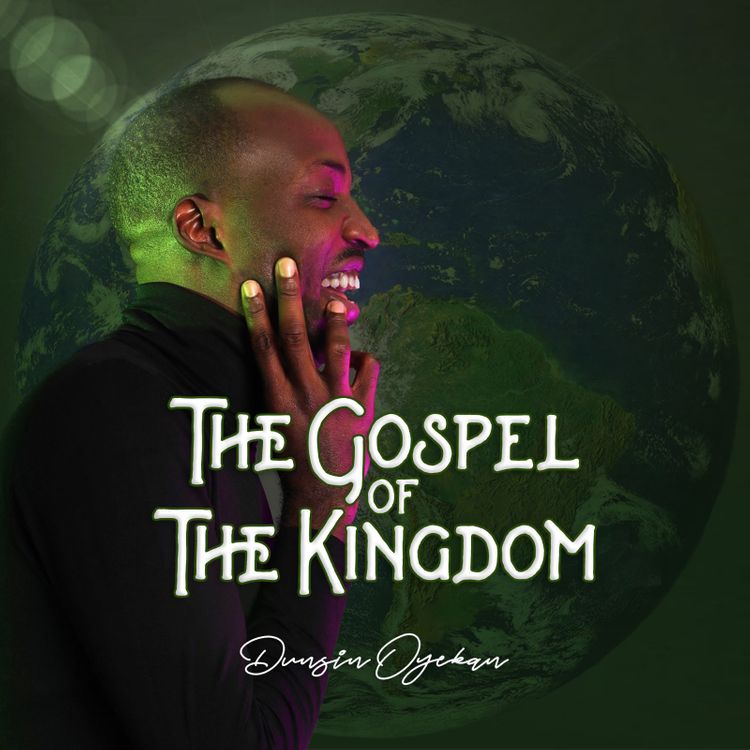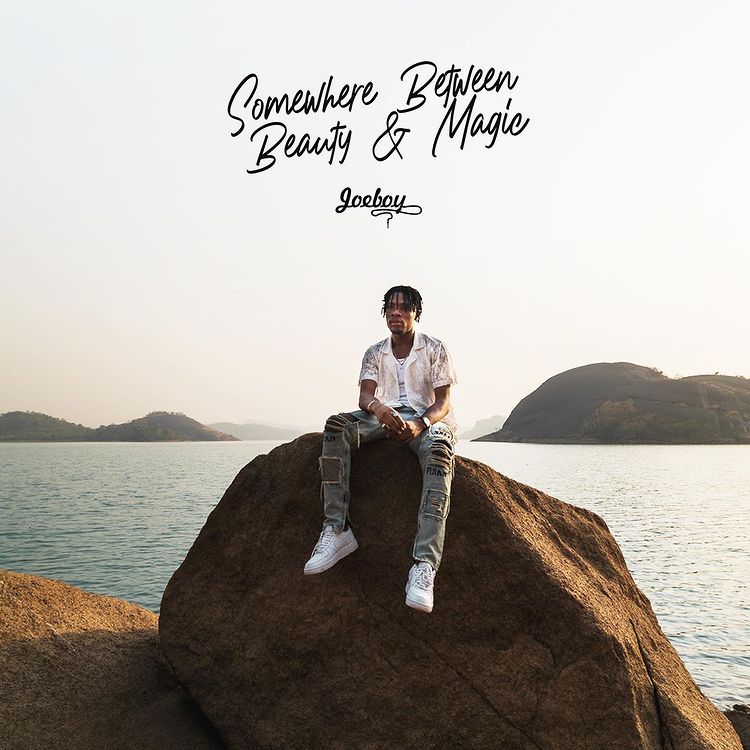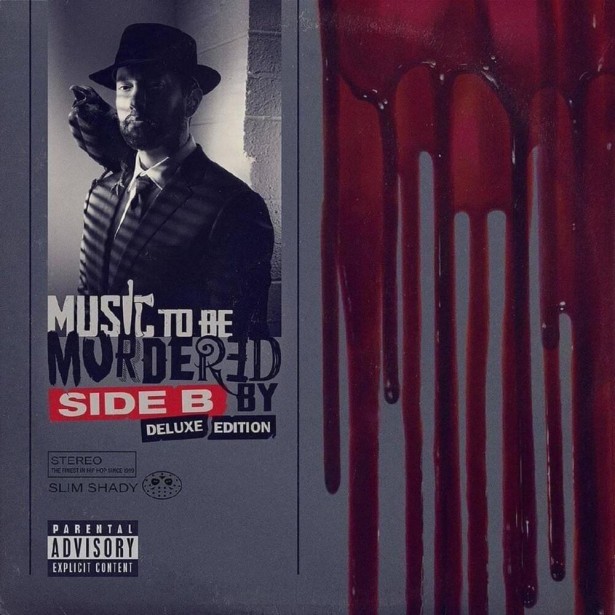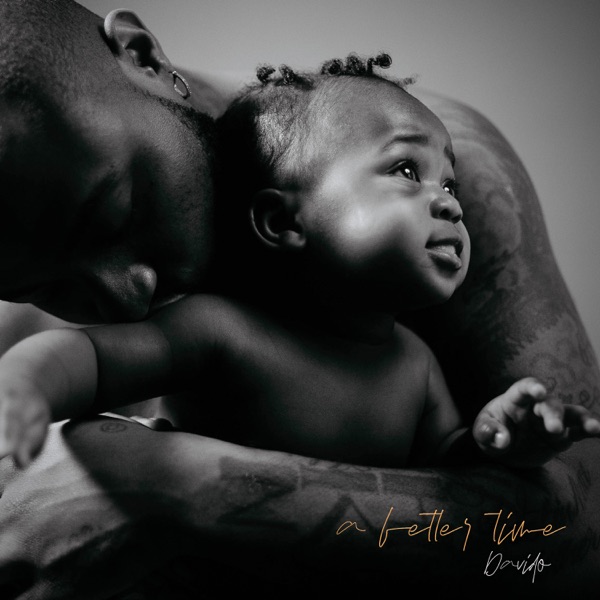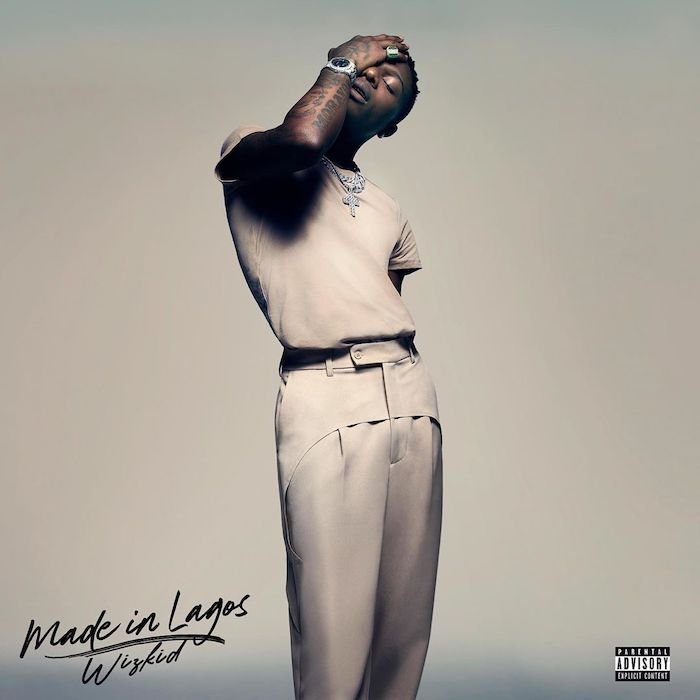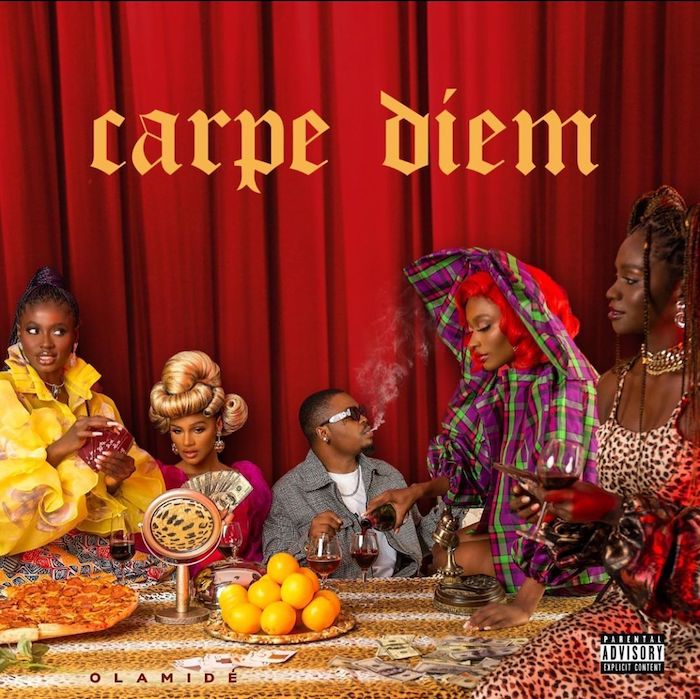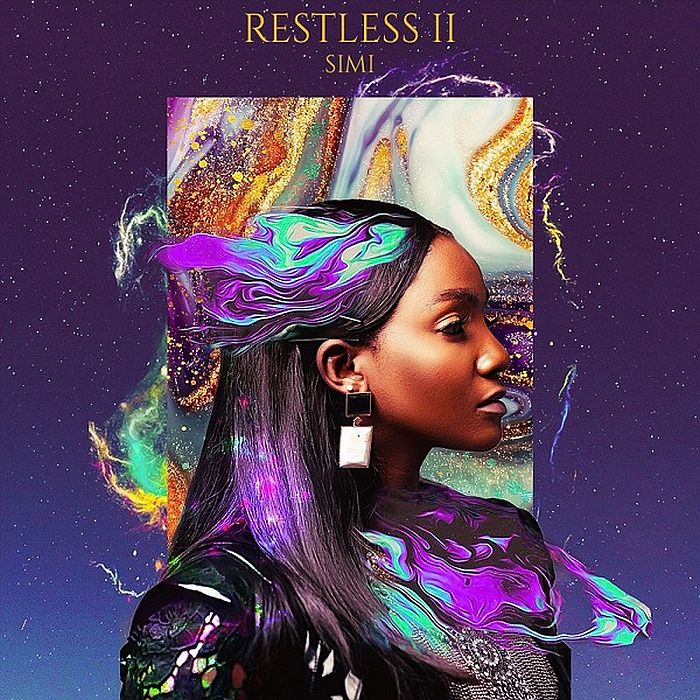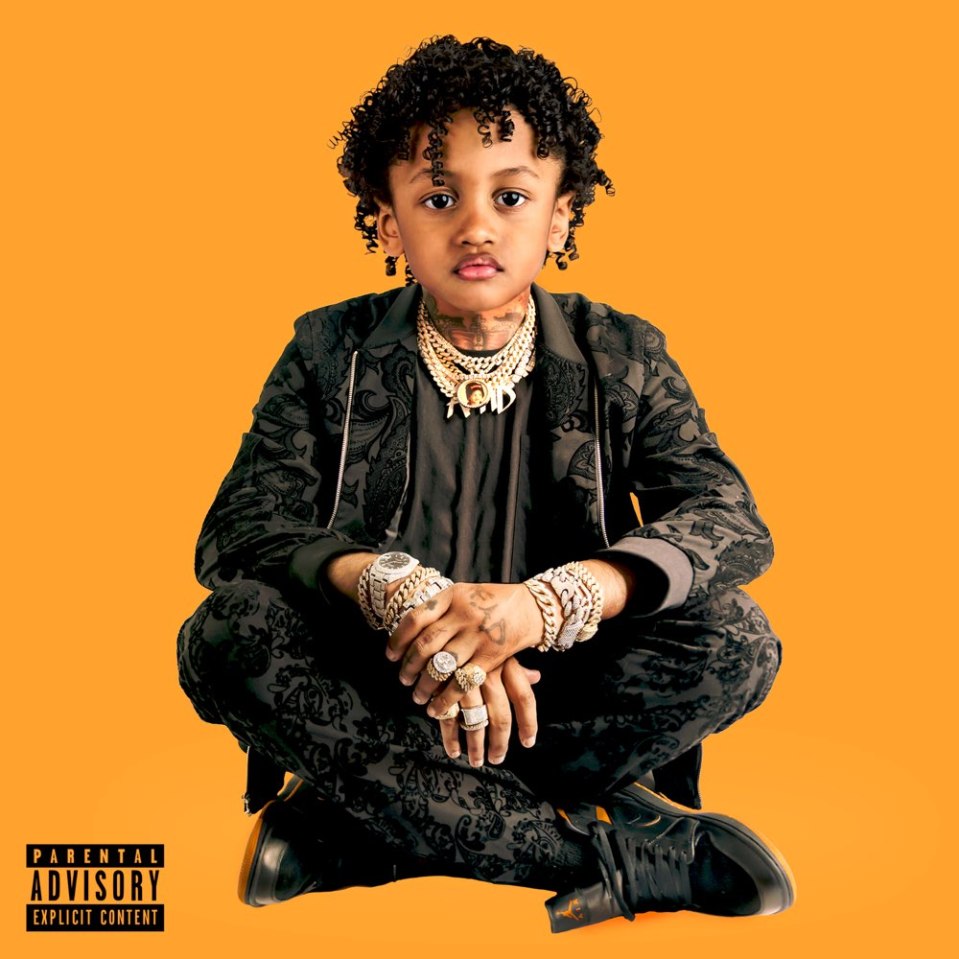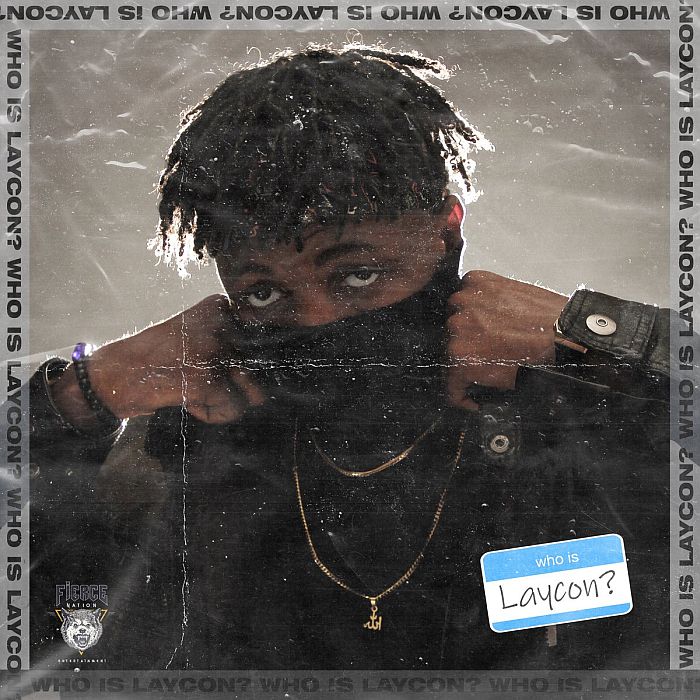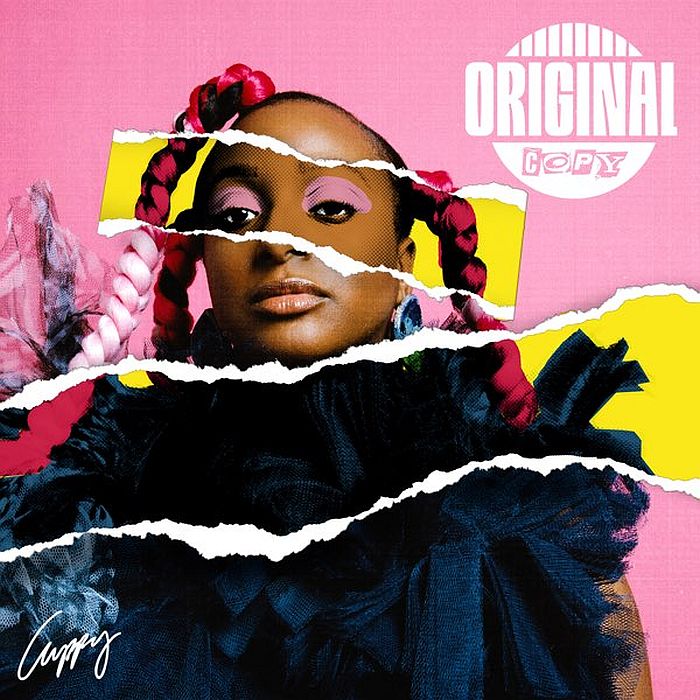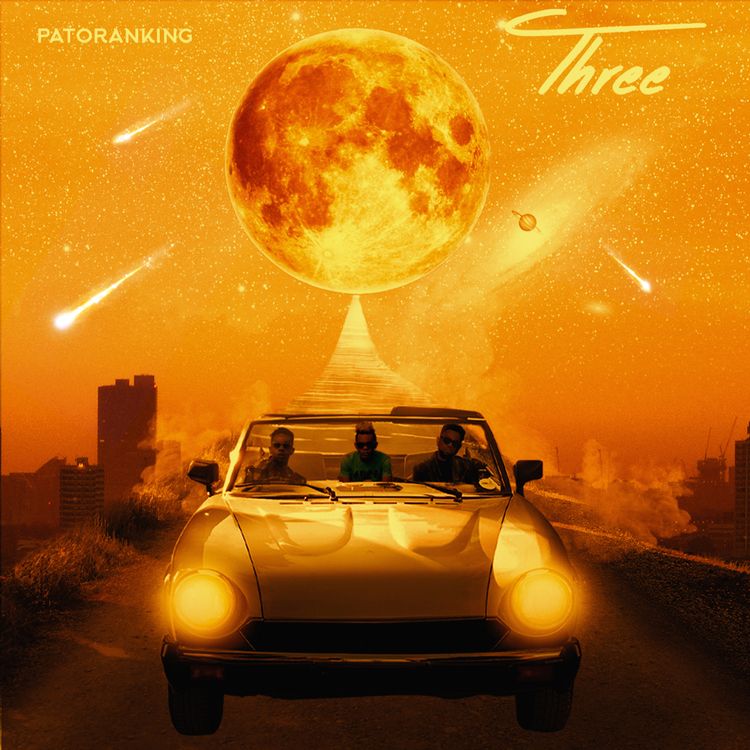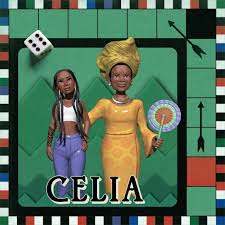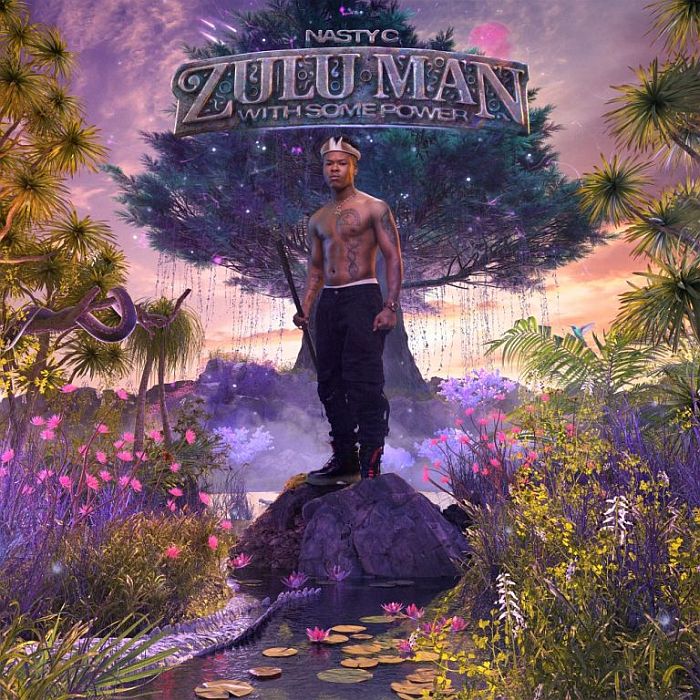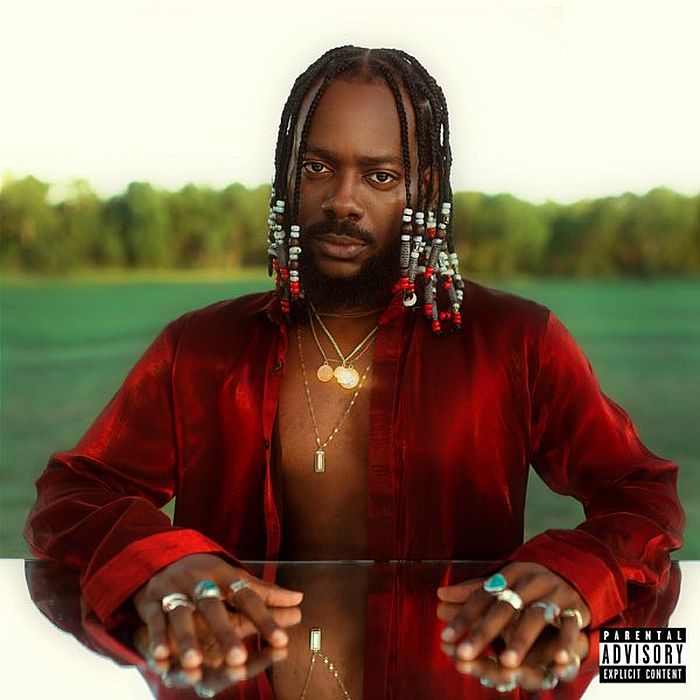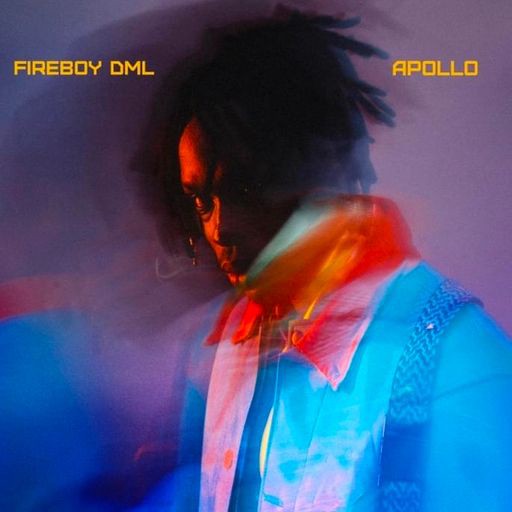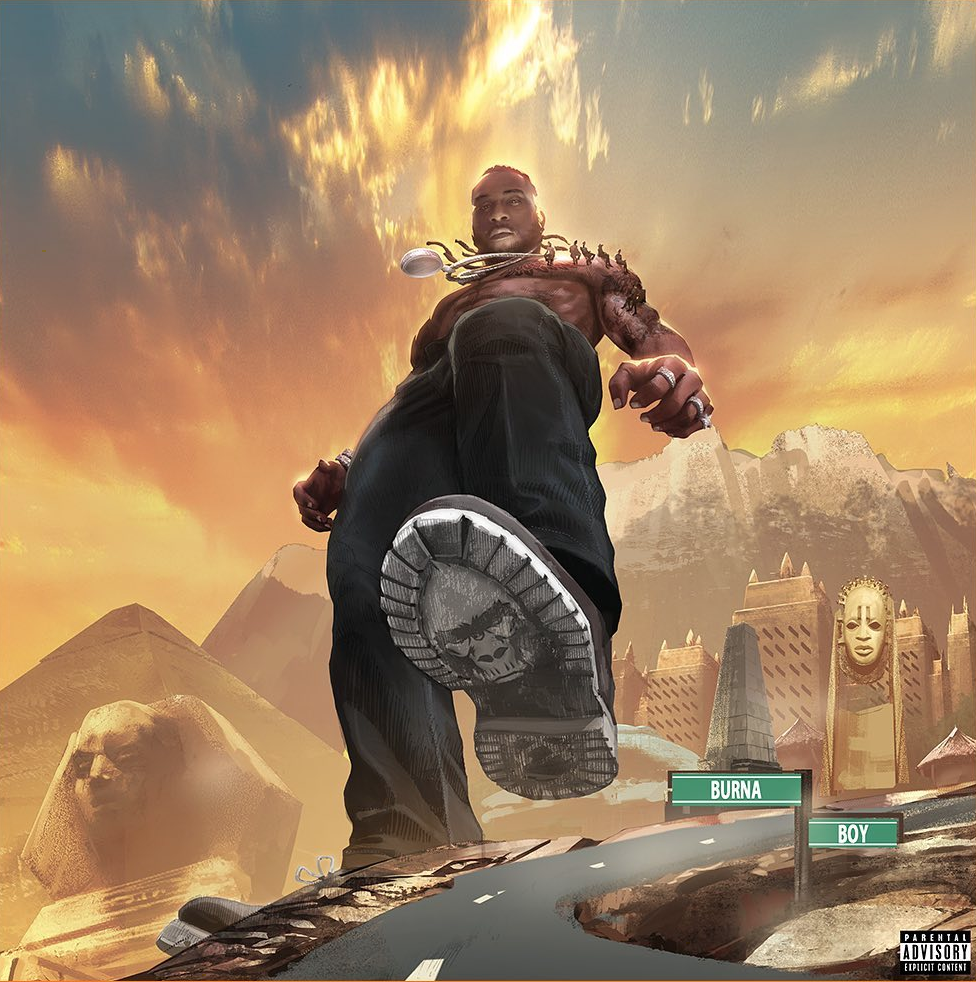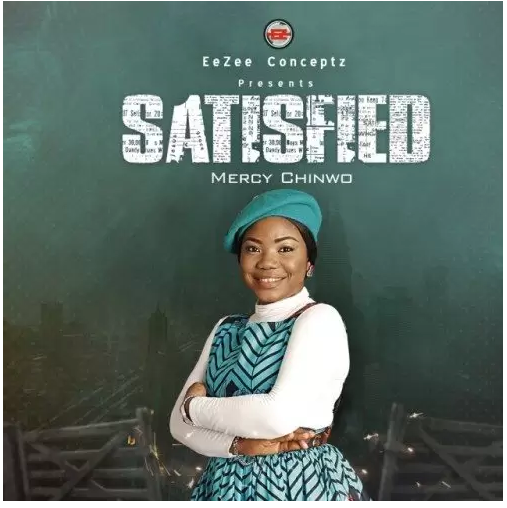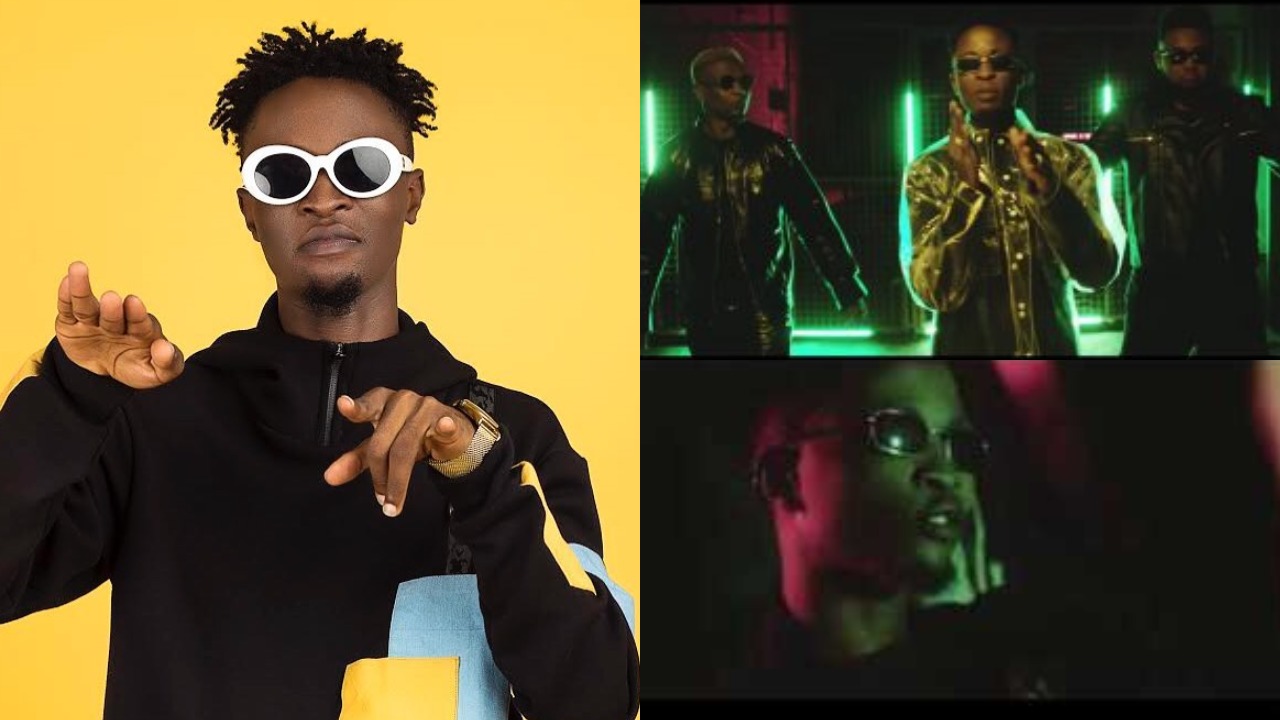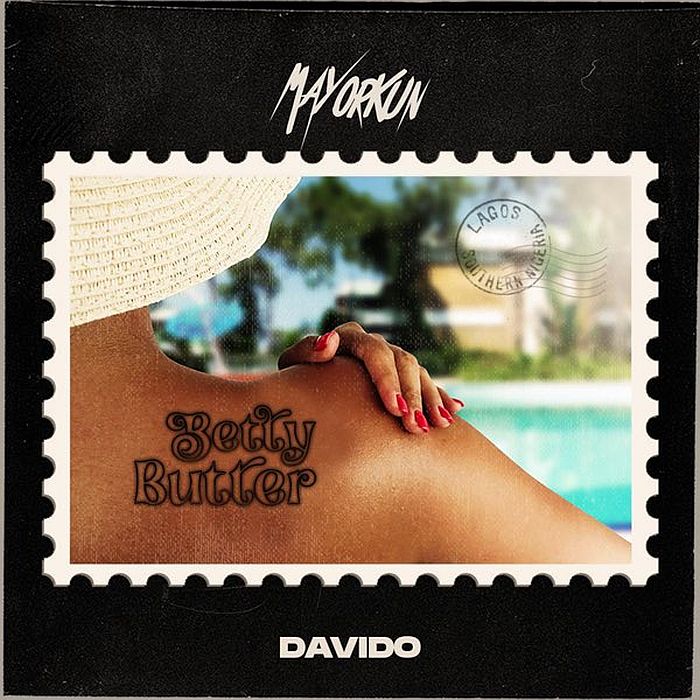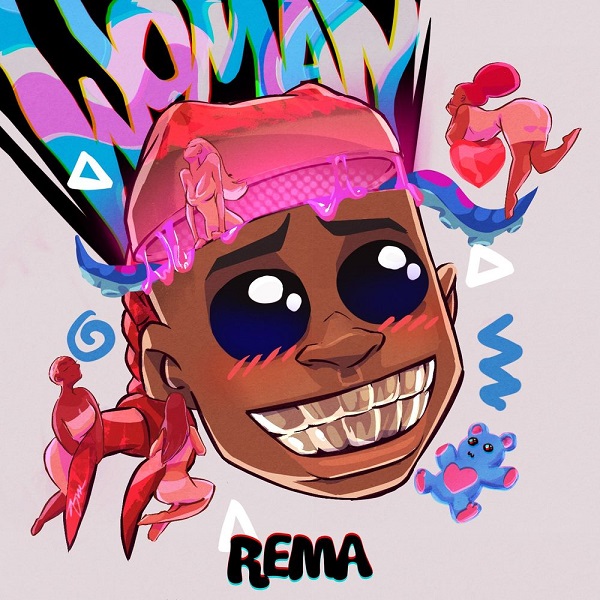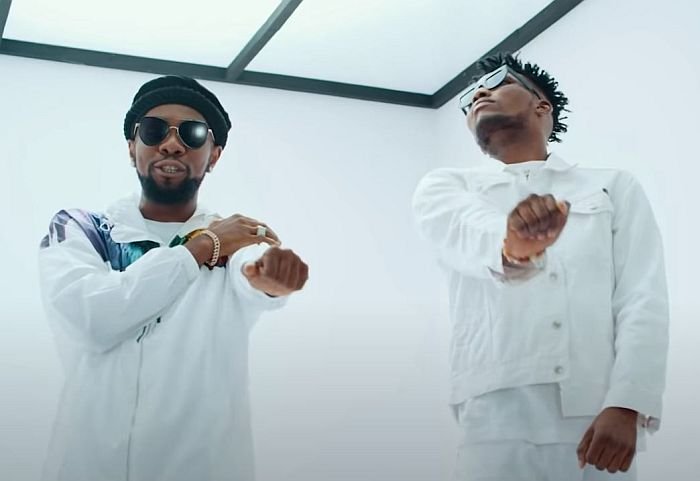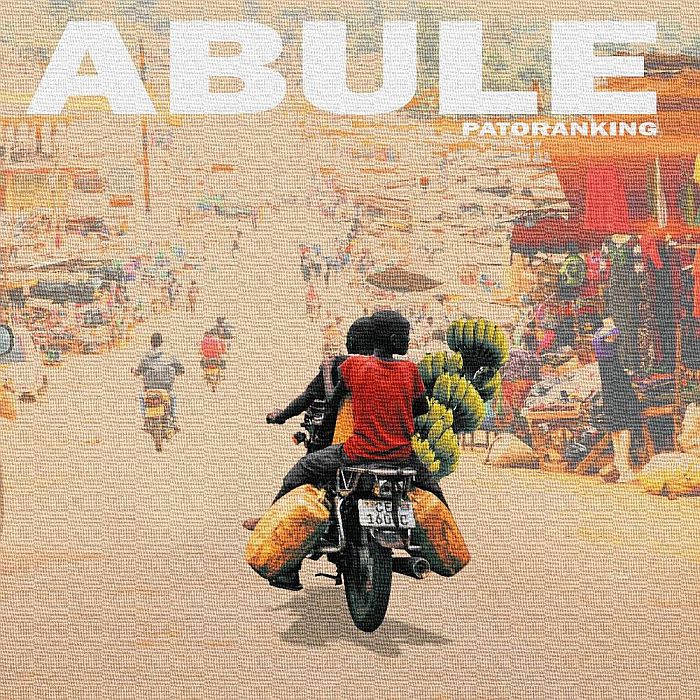BIG WIN! Billboard Features Davido, Tiwa Savage And Mr Eazi On Its Cover (Photos)
Posted by E.L.E.X on May 21 2020 under Celebrities
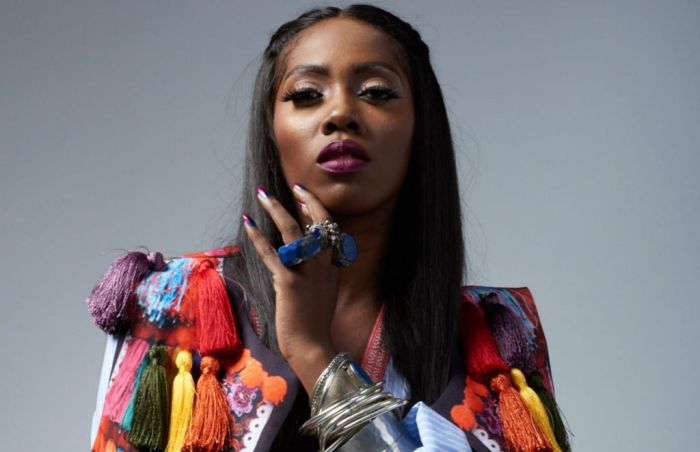

As the industry buzzes with and profits from new languages and sounds from all over, the prospects for artists across the continent have never been brighter or more numerous.
There have, of course, always been African superstars from Miriam Makeba to Hugh Masekela to Fela Kuti as well as great respect for the continent’s music, thanks to projects like Paul Simon’s iconic 1986 album, Graceland, which famously put Ladysmith Black Mambazo and others on the international map.
But despite major-label deals, chart successes, and eye-popping sales figures, African artists have often been siloed from the popular music landscape, segregated under the “world music” banner or viewed as Africans first, artists second.
Yet in recent years, especially as streaming has helped hip-hop become a universal language, the industry is witnessing the rise of the first generation of truly global pop superstars from Africa, whose defining trait will not be their geographic origin, but the artistry and business savvy that are on par with the biggest names in their field.
In 2016, Nigeria’s Wizkid topped the Billboard Hot 100 as a collaborator on Drake’s summer smash “One Dance,” which hinted at the possibilities awaiting his peers from the continent.
In the years since Kendrick Lamar and Beyoncé have fueled interest in the motherland by curating ambitious, Grammy Award-nominated movie-music projects Lamar’s Black Panther: The Album and Beyoncé’s The Lion King: The Gift that put a spotlight on African artists and producers and showed just how closely their music resembles today’s reigning pop and R&B styles.
A-list tastemakers aren’t the only ones lavishing new attention on the region, however.
The three major-label groups Universal, Warner and Sony have all ramped up their investments in Africa in recent years: opening offices, sending A&R scouts to major hubs and forming joint ventures and partnerships.
Meanwhile, advances in technology and social media have further connected a continent of 1.2 billion people with a median age of 19.7 years — to the rest of the industry, creating a lucrative audience for both homegrown and foreign stars alike.
Among Africa’s 54 countries, Nigeria, with an estimated 206 million people, has the largest population and the largest economy. It has also emerged as a particular wellspring of talent, thanks to stars like Tiwa Savage, Davido and Mr Eazi, whose diverse paths through the industry have helped pave the way for other artists and highlighted just how many possibilities await African talent.
Lauded as the “Queen of Afrobeats,” Lagos-based Savage, 40, signed a landmark global recording deal with Universal Music Group and Motown Records last spring after making a name for herself as an independent artist (on Nigeria’s Mavin Records and her own 323 Entertainment), a songwriter (for the likes of Monica and Fantasia) and a backing vocalist (for Whitney Houston, George Michael and Mary J. Blige).
With two degrees one from Boston’s Berklee College of Music, one in business from England’s University of Kent and stints in London, New York and Los Angeles under her belt, she’s showing how primed for global stardom African artists already are as she readies her fourth studio album, Celia, due later this year.
Davido, who has been in the business for a decade, has brought the worlds of African and contemporary black music together like few others before him. Signed to RCA Records through his own Davido Music Worldwide and Sony Music U.K., he’s fusing Afrobeats, Afropop and highlife a cosmopolitan style of Ghanaian music with dancehall, hip-hop and R&B, while recruiting some of the genres’ biggest names as collaborators.
The Lagos-based 27-year-old’s most recent studio album, last November’s A Good Time, featured guests such as Chris Brown, Summer Walker, Gunna and Popcaan, and breakout hit “Fall” spent an impressive 21 weeks on Billboard’s Mainstream R&B/Hip-Hop chart.
He’s currently working on an EP that will showcase the acts he has signed to his label. (In the United States, Davido Music Worldwide is registered as Davido Worldwide Entertainment.)
Mr Eazi, who grew up in Lagos but is now based just outside of London, has devoted himself to supporting the next wave of African artists as he builds an independent solo career making what he calls “Banku music” a twist on Afrobeats with greater influences from Ghana, where he moved as a teen and attended university.
The 28-year-old, who worked in mechanical engineering before becoming an artist, founded the talent incubator and label emPawa Africa in 2018. Its first round of investment raised $300,000 to help cover video costs for 100 emerging artists from 11 countries, including Nigeria’s Joeboy and Ghana’s J.Derobie; in 2020 it will award 30 artists grants of $10,000 each.
Mr Eazi, who last year made his Coachella debut and toured with J Balvin, is also preparing an upcoming EP as well as a collaboration with Major Lazer and Nicki Minaj.
During a late afternoon in early May, the three artists joined Billboard for a video conference to speak candidly about the opportunities African artists have now, the stereotypes they still face and how they’re staying true to their culture as they bring a slice of Africa to the rest of the world.
Tweet
YOU MAY ALSO LIKE
Comments
Add Comment
All fields are required!





